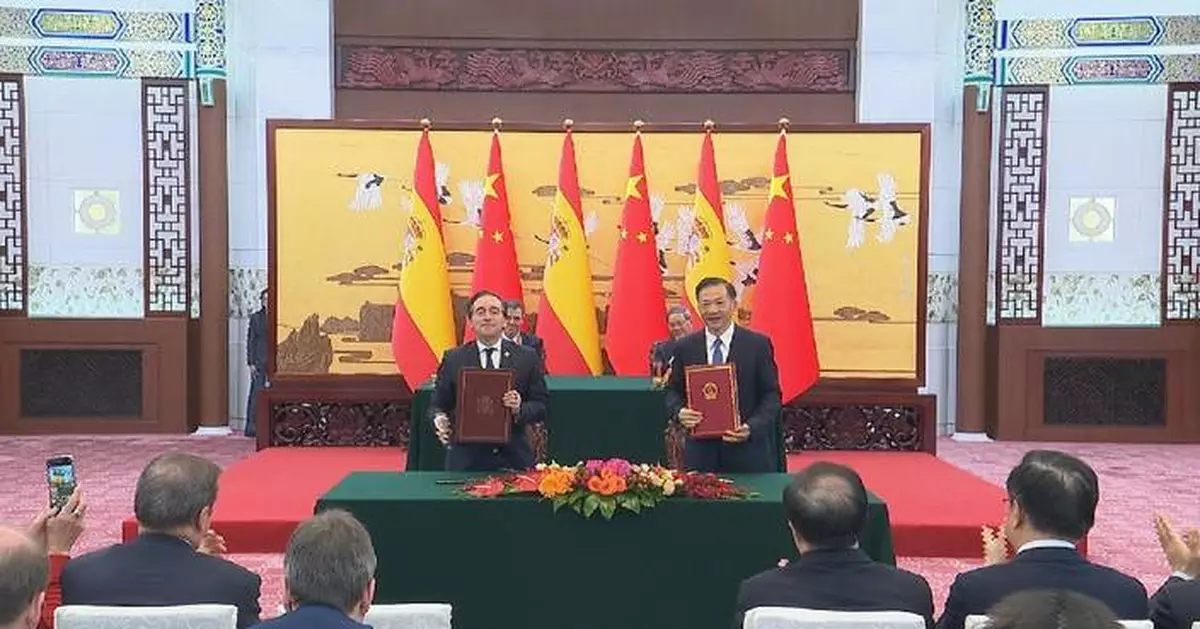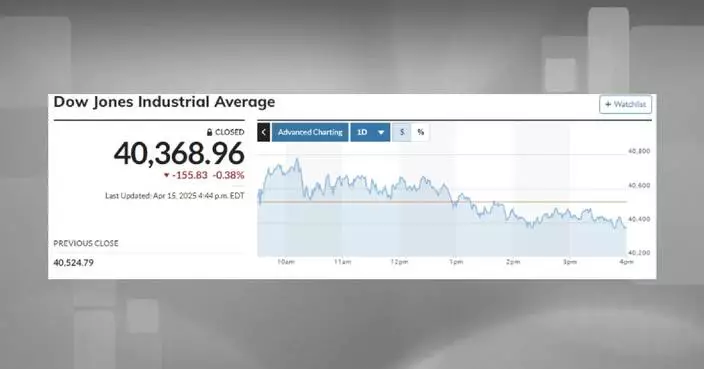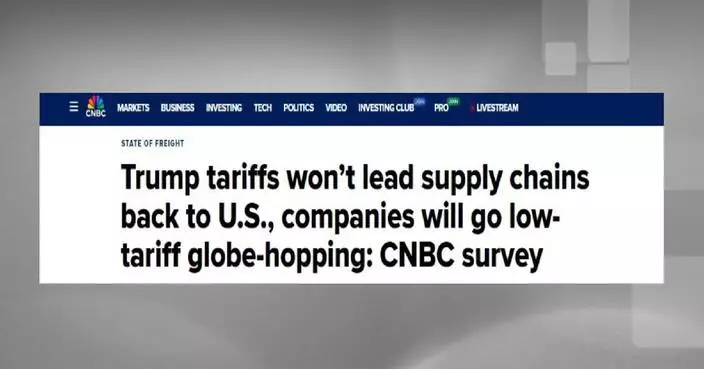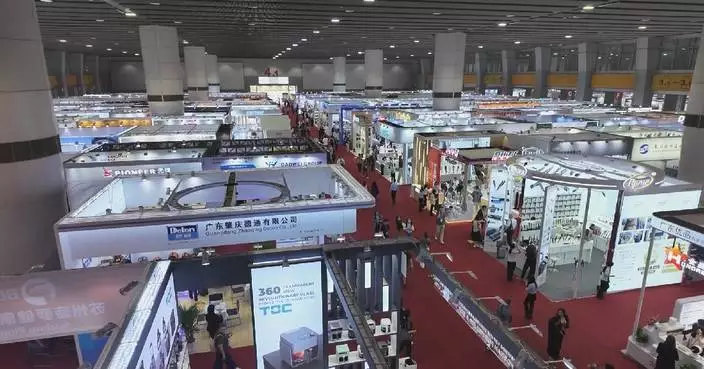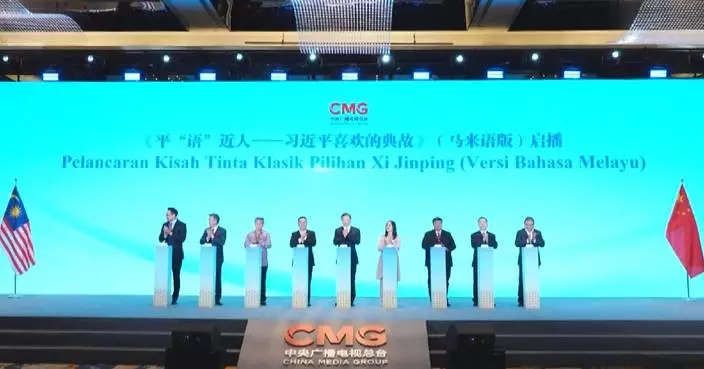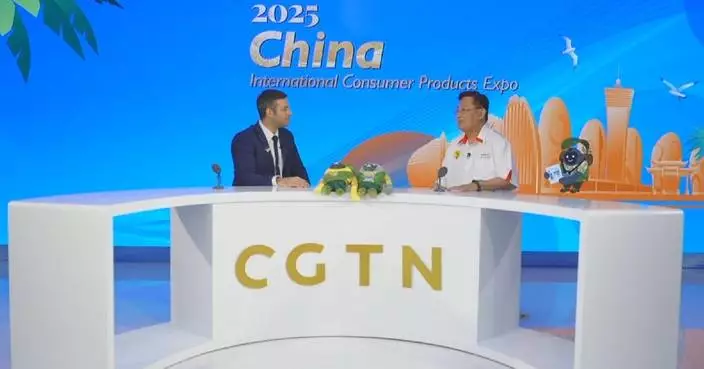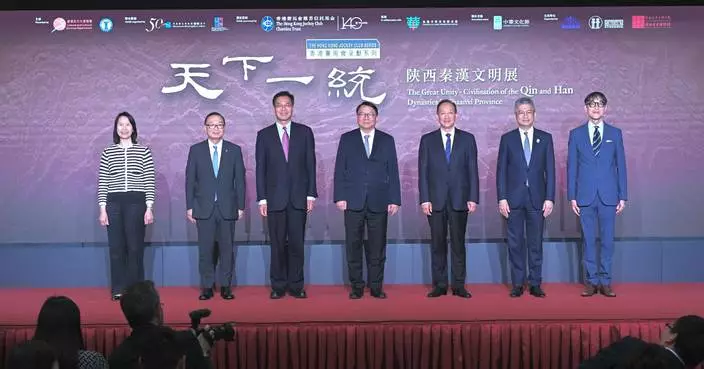The Trump administration's aggressive tariff policies are jeopardizing key U.S. service sectors, particularly film and technology, according to commentary from Yuyuantantian, a media arm of the China Media Group (CMG) on Saturday.
An edited translation of the commentary is as follows:
During Spanish Prime Minister Pedro Sanchez's visit to China, the two nations signed a memorandum of understanding to enhance cooperation in the film industry.
According to the agreement, the two sides will further deepen exchanges and cooperation in film industry, such as film festival and exhibition, co-production and personnel exchanges, so as to inject new impetus into promoting cultural exchanges and the high-level development of bilateral relations.
The agreement comes as China Film Administration signaled it will moderately reduce the number of imported U.S. films in response to the U.S. tariff hikes, which had immediate impact on U.S. film giants like Disney and Warner Bros. Discovery, whose stocks fell sharply.
This further underscores the uncertainty facing American film companies, directors, and producers hoping to invest in the vast Chinese market, the world's second largest of its kind.
The film industry is a key component of the service trade, an area where the United States holds a significant surplus with China.
According to the U.S. Department of Commerce, from 2001 to 2023, U.S. service exports to China expanded from 5.63 billion to 46.71 billion U.S. dollars. The annual trade surplus in services with China expanded 11.5 times to 26.57 billion U.S. dollars, reaching as high as 39.7 billion U.S. dollars in 2019.
What's more, tech industry, another pillar of the U.S. service trade surplus with Europe, may also be affected as European Commission President Ursula von der Leyen has warned that the EU may target U.S. tech giants if talks on tariff disputes fail.
Both the film and technology industries are vital components of the modern U.S. service sector, representing areas of traditional American strength and contributing significantly to the country's global service trade surplus.
The warnings from China and the EU demonstrate how the Trump administration's tariff policies are jeopardizing these crucial industries.
While the United States is provoking trade tensions, China continues to promote high-level opening-up and collaboration with international partners.
The burgeoning film cooperation between China and Spain signals China's commitment to multilateralism, free trade, and economic globalization, fostering mutually beneficial partnerships that deliver high-quality services and products to benefit all parties involved.
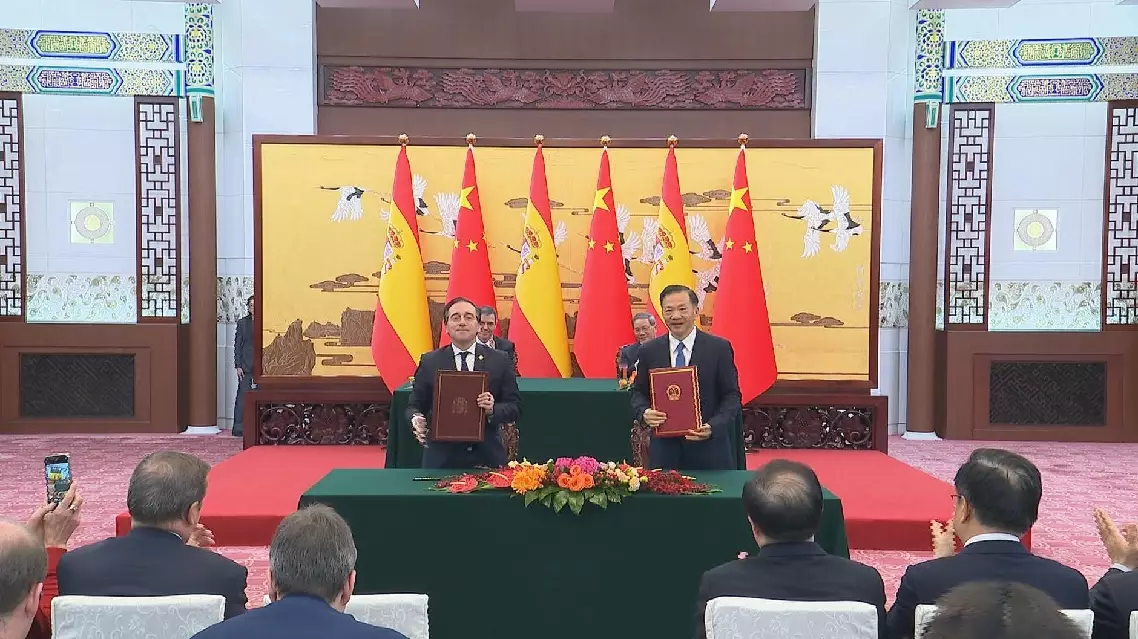
Trump administration's tariffs threaten key U.S. service sectors: commentary
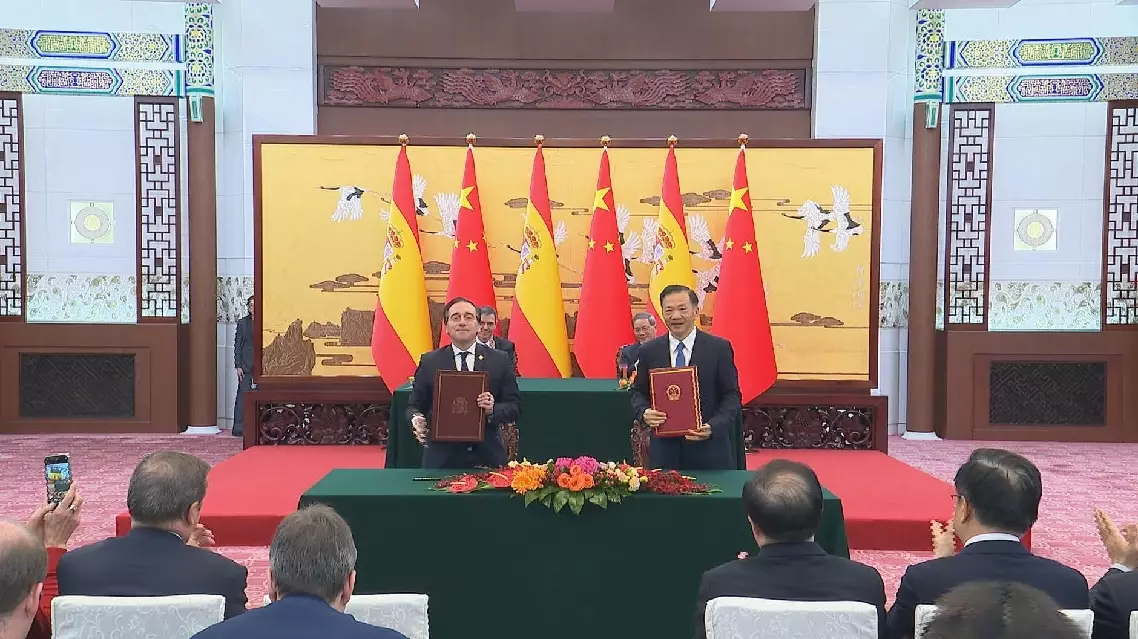
Trump administration's tariffs threaten key U.S. service sectors: commentary


